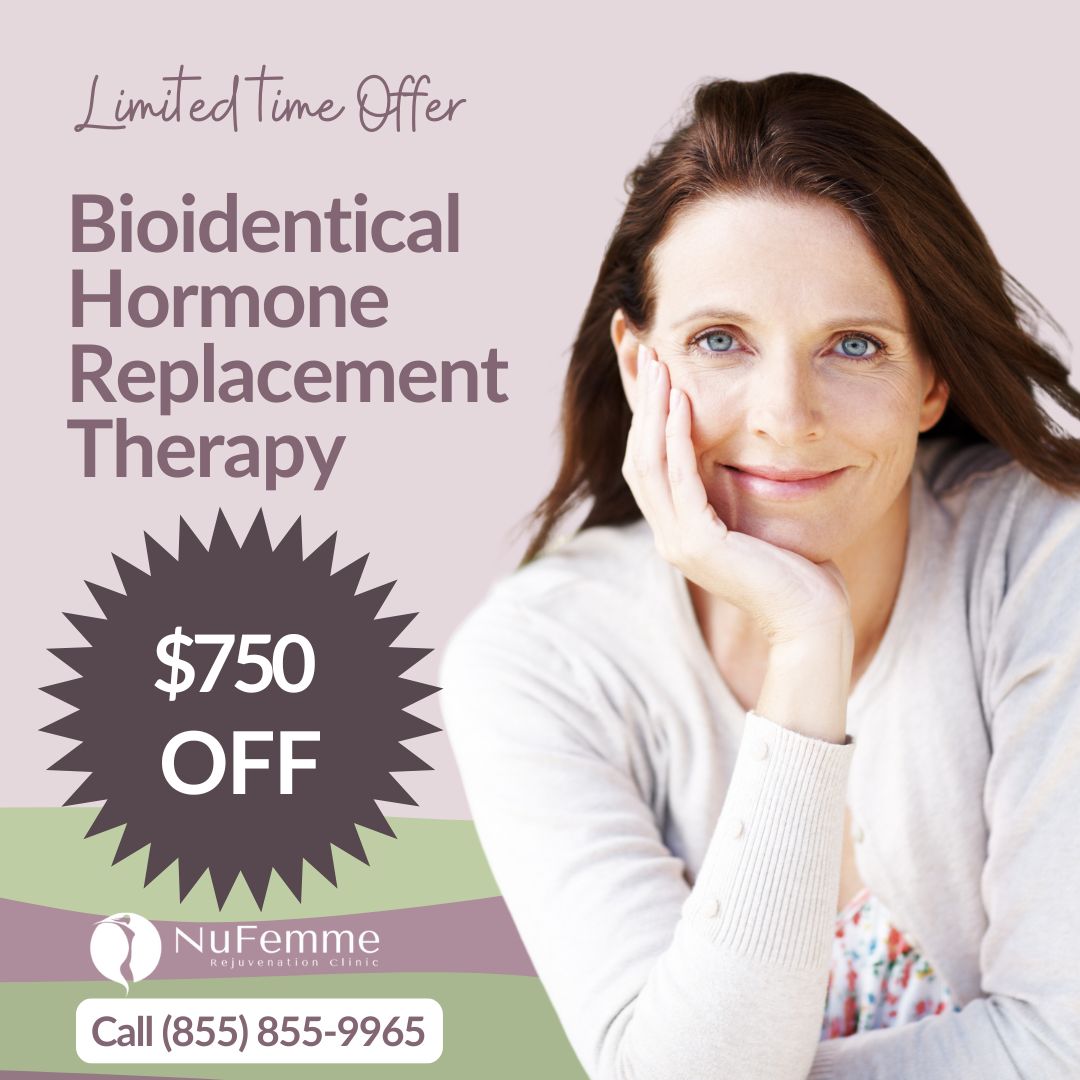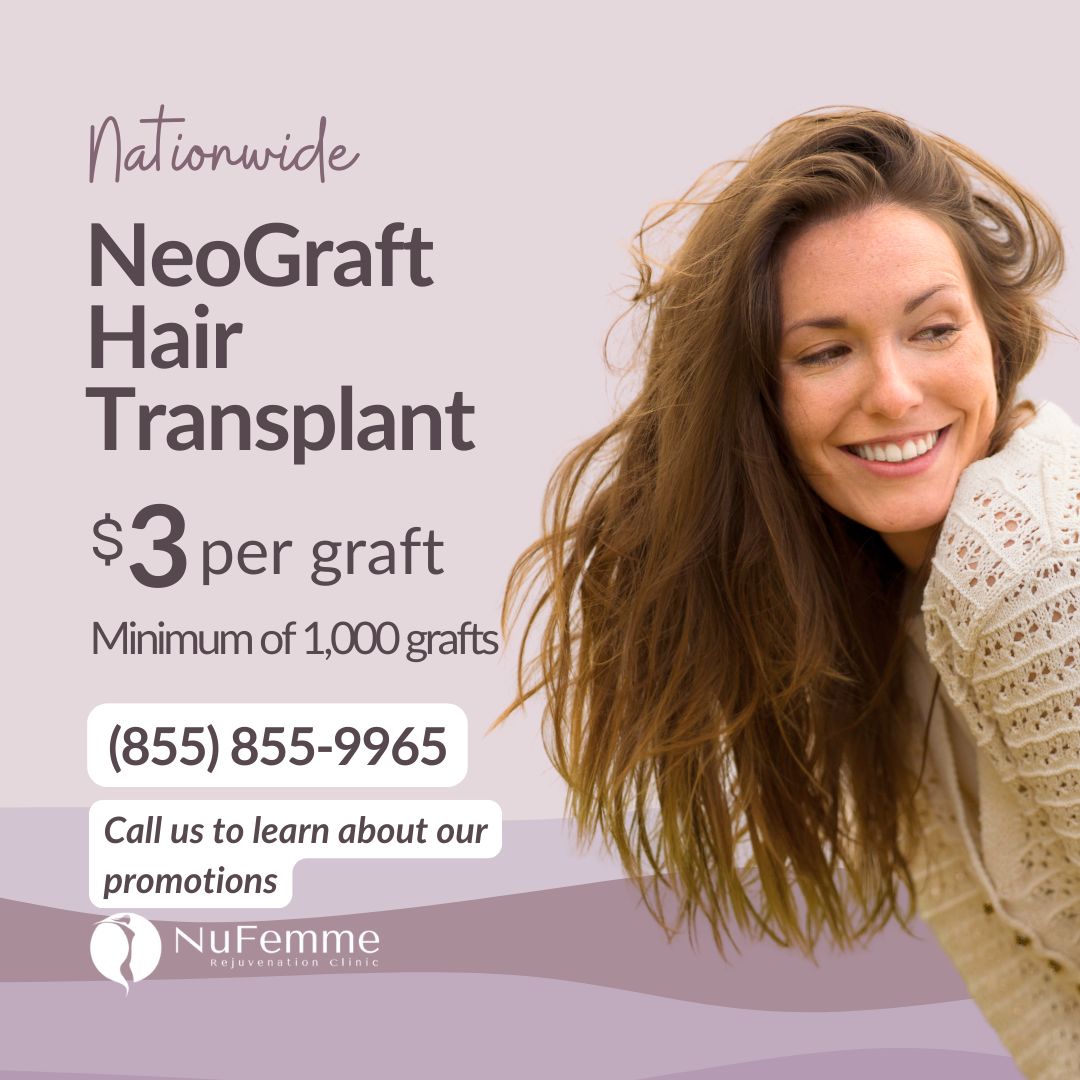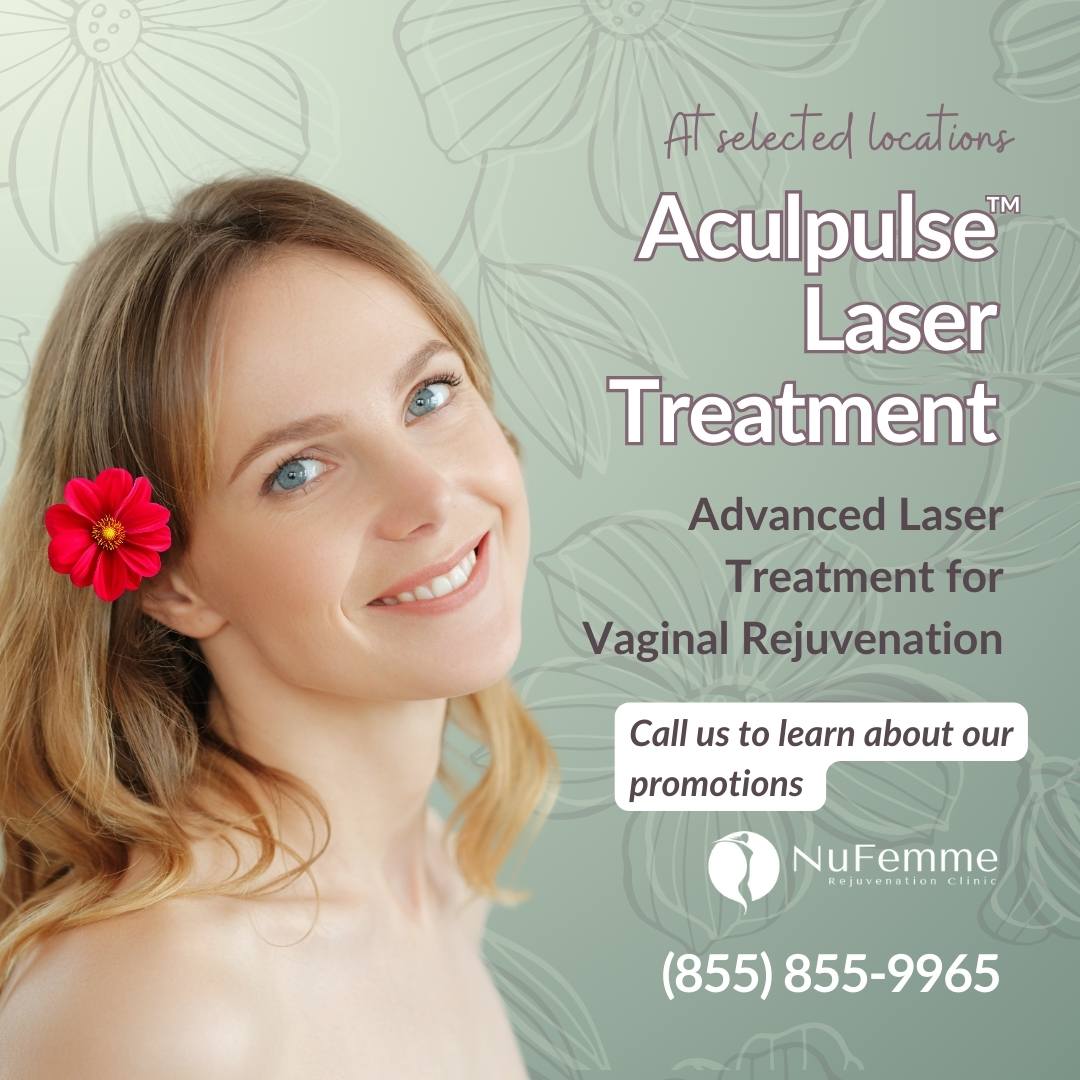Menopause Symptoms – Hair Loss
Hair Loss During Menopause
For many women, we have complete control over our hair. We choose how to wear it, style it, and keep it cut. It becomes an expression of our image and personality. Therefore, if we begin losing a lot of it, it could cause us to feel less in control, less feminine, and have lower self-esteem. It doesn’t have to be that way, though.
Menopausal hair loss is often ignored but rarely discussed, caused by changes to estrogen and progesterone hormone levels that were once responsible for rapid hair growth and retention on your head. Over time, however, hormone shifts cause slower and thinner growth of new strands, which contributes to further hair loss. Bioidentical Hormone Therapy Treatments, NeoGraft Transplant or laser hair therapy therapies may significantly lessen losses while exploring volume adding hairstyles can have dramatic and positive impacts on individuals as individuals!
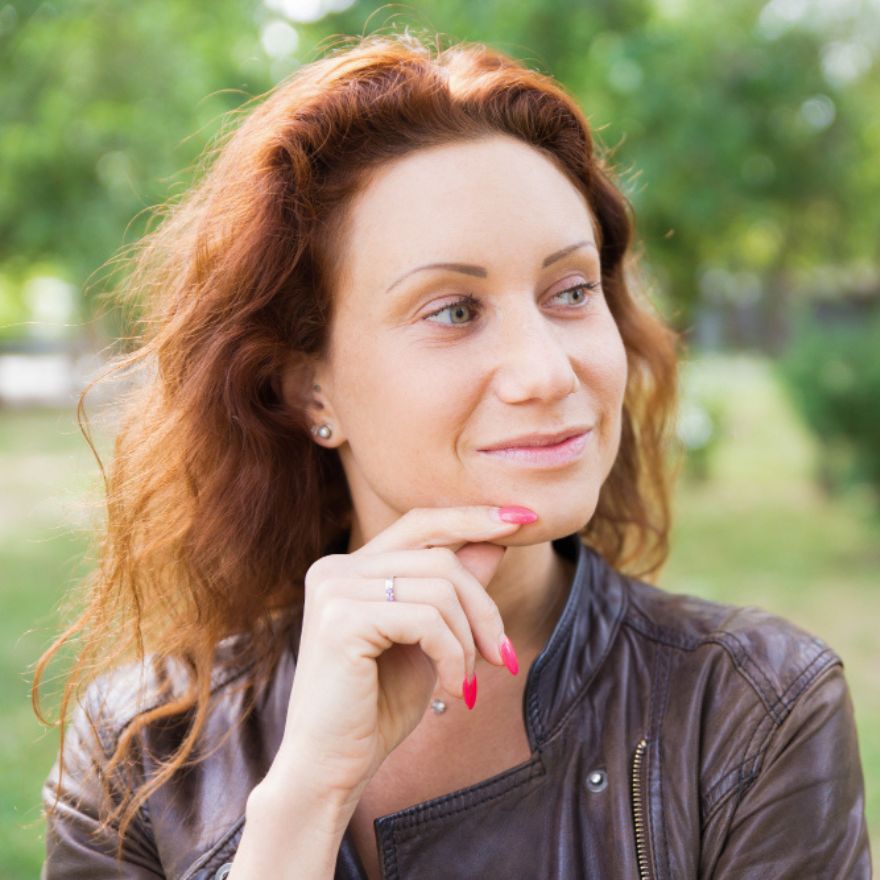
Hormonal Imbalance and Hair Loss
It isn’t uncommon for women to experience hormonal imbalance without realizing it’s occurring. The main reason is that their symptoms could be masked by prescription medications for anxiety, depression, thyroid, insomnia, and weight gain. Therefore, it’s critical for hormone levels to undergo regular checks. Women can experience hormonal imbalances as a result of genetic factors, stress their experiencing, their food choices, or how they’re exercising. As a result, they could suffer issues with their menstrual cycles, metabolism, breast abnormalities, and hair loss.
Menopausal hair loss can be one of the more troubling aspects of hormonal changes associated with entering menopause. Estrogen and progesterone levels decline with menopause, gradually decelerating hair’s growth stage before its eventual thinned out and loss. Menopausal symptoms often lead to hair loss. Being aware of this correlation gives women valuable tools for responding immediately when symptoms of menopause emerge, including treatments and modifications as soon as signs appear. Foods containing essential vitamins and minerals that support hair health, such as Vitamin B12, iron and zinc, could prove helpful in combatting hair loss. As part of your natural transition process, seeking medical advice about treatments such as hormone replacement therapy could also provide confidence back.
The Emotional Stress of Hair Loss
Studies indicate that women who experience hair loss feel more psychological effects, including emotional stress, in comparison to men. One such study points out that 52 percent of women were experiencing feelings of extreme distress in contrast to 27 percent of men. Another study concludes that depression could worsen as a result of hair loss.
Hair Loss After Pregnancy
The American Pregnancy Association states that between 40 and 50 percent of women could experience excessive hair shedding between two and four months following giving birth. The main reason for this is because, when a woman gives birth, there’s a sudden drop in estrogen, which is the hormone that offers hair loss protection.
Postpartum hair loss may seem alarming, but it is completely normal and usually temporary. Our bodies adjust hormone levels after delivery, with estrogen dropping significantly post-birth, affecting your hair cycle significantly and leading to its gradual but persistent reduction, affecting its cycle as a whole. Pregnancy hormone levels help hair grow thicker during this period, leading to lusher locks. After birth however, once these levels diminish and production ceases, excess hair starts shedding out in clumps in shower drains or your brush again – often seen during this period. For optimal postpartum hair shedding reduction and health during breastfeeding, consume food rich in proteins, vitamins, and minerals that contribute to its maintenance. Gentle hair care routines with limited harsh treatments will also help ease the strain on hair follicles. Prioritize rest and stress relief as much as possible to maintain optimal hair health during this temporary postpartum hair growth phase. Over time, however, your natural cycle should return once your body recovers from childbirth-related stressors.
Treating Hair Loss Through Hormones
Hormone therapy with NuFemme Medical is a safe and powerful option that can help you get back control over your body. Contact a NuFemme medical provider today to learn more about how the benefits of a customized hormone-balancing plan that can help you safely and effectively stop hair loss and other menopause-related symptoms. Not only will this safe and effective treatment help women achieve their goals in conjunction with fitness and nutrition but it will do so in a way that’s customized to suit their individual needs. If you want to try other hair restoration treatments, visit our services section and see what suits you best.

Taking the 1st Step
the latest in Women's Health
Our experienced medical staff will help guide and choose the optimal treatment you deserve. Our approach is comprehensive, confidential, and in a short time you will look, feel, and perform at your best.
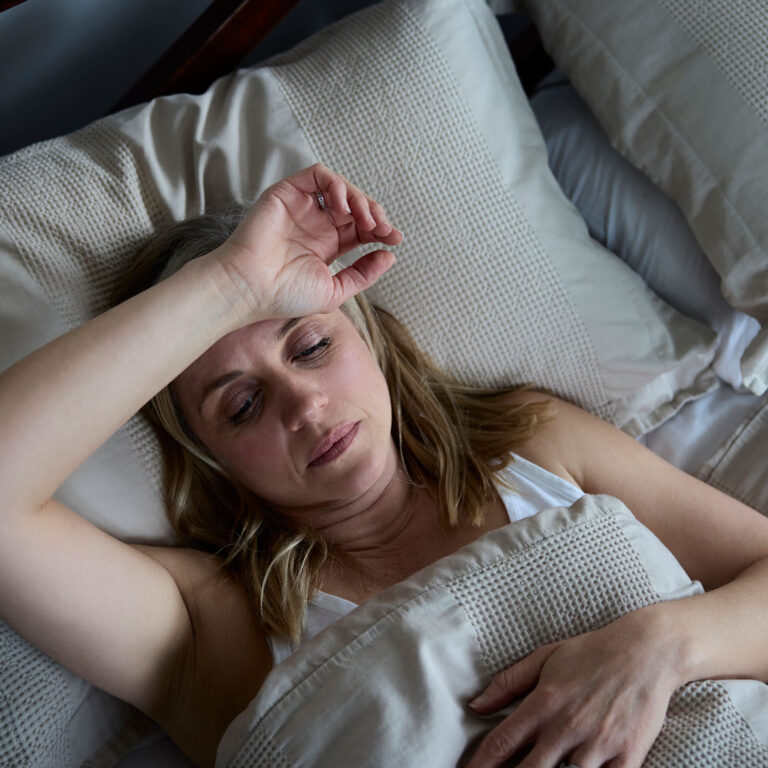
Menopause
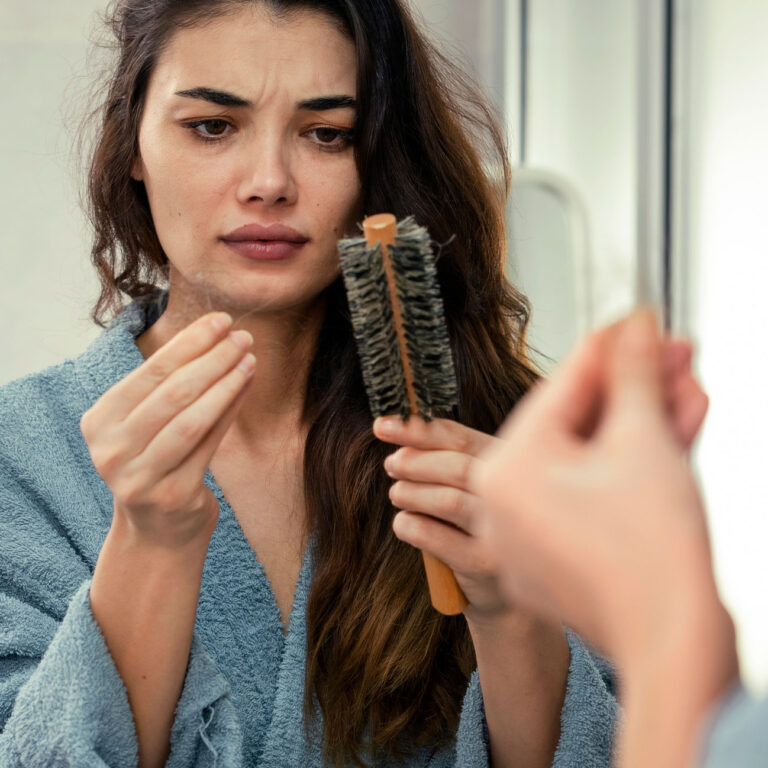
Hair Loss
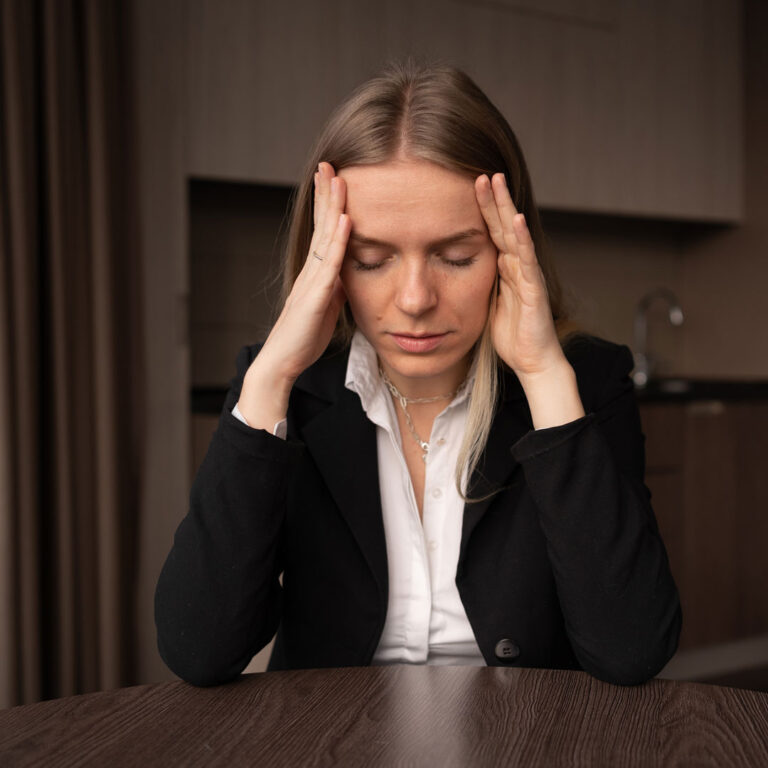
Severe PMS
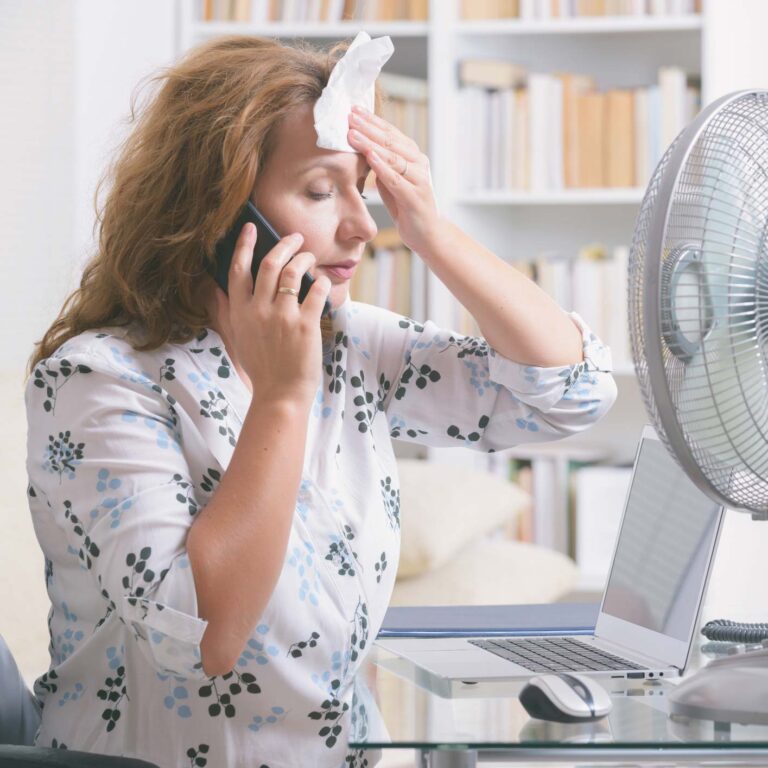
Hot Flashes
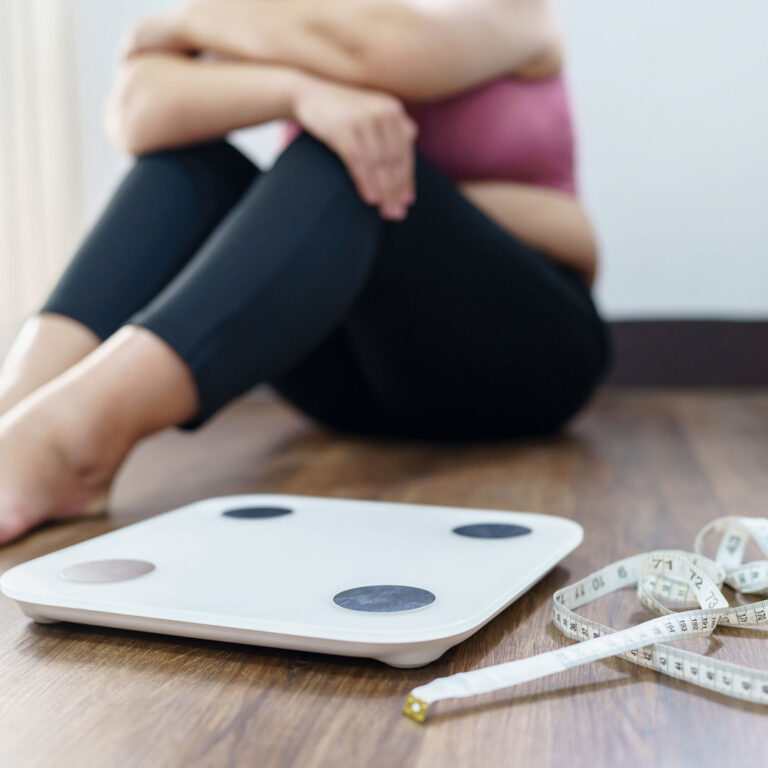
Weight Gain

Insomnia
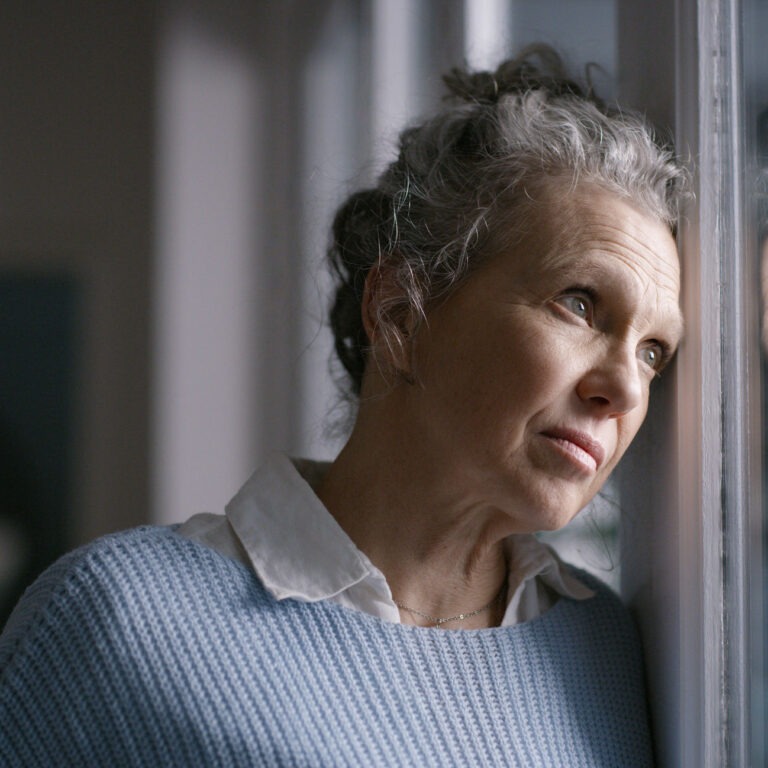
Depression
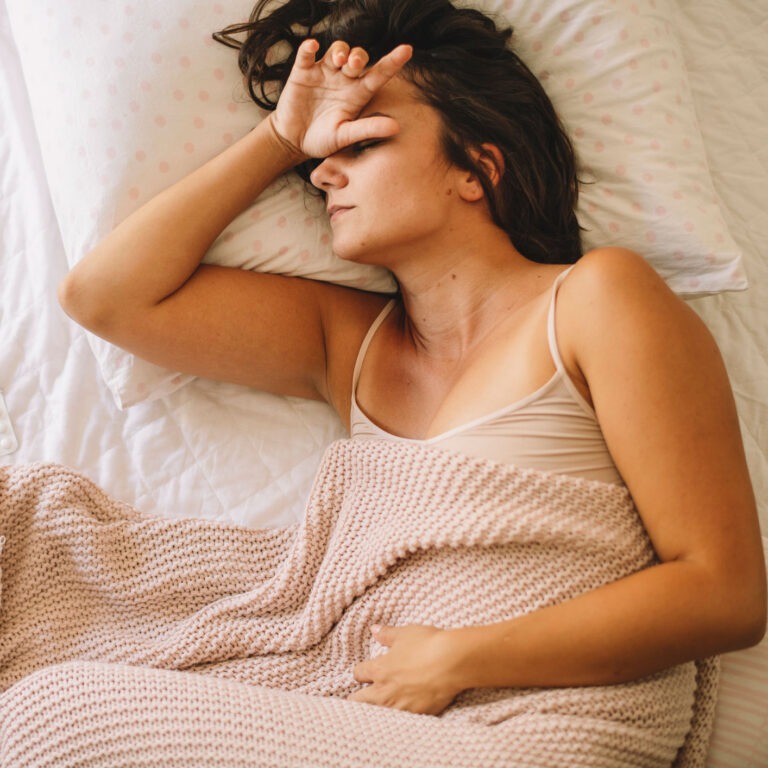
Night Sweats
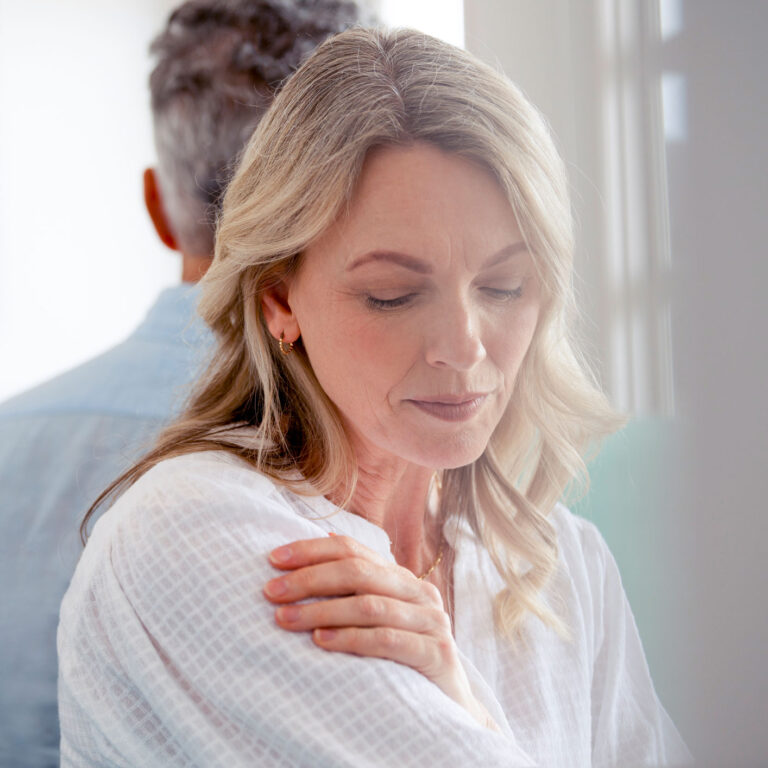
Low Libido



